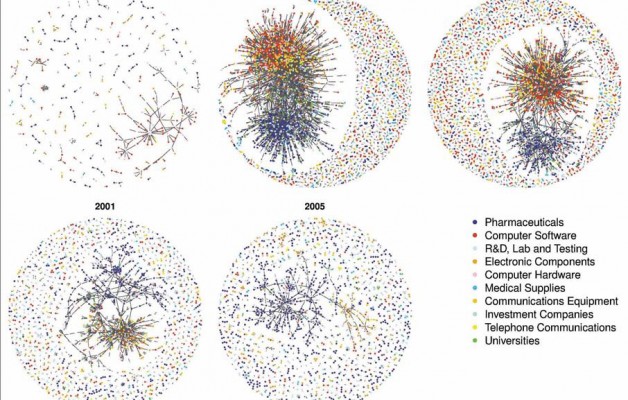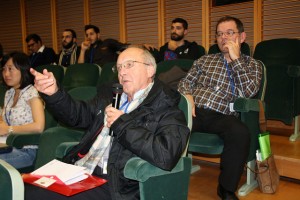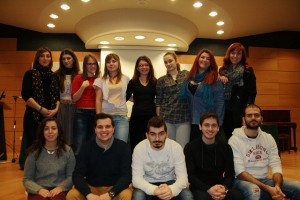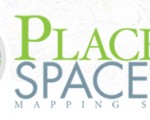The Second Annual Knowescape Conference took place November 24-16, 2014 in Thessaloniki, Greece. It was organized by Dr. Panayiota Polydoratou from the Alexander Technological Educational Institute of Thessaloniki. Officials from the university, Vice-President Prof. Panagiotis Tzionas and the Director of the School of Business Administration and Economics Prof. Christos Sarmaniotis welcomed the conference participants. The location was very functional, convenient in the middle of the city center and elegant.
What are the thoughts of the chair after this Second Annual Conference? “Our First Annual Conference, wonderful provided by Santo Fortunato and Marija Mitrovich, in Aalto had very much the flavor of getting together and getting acquainted, as well as finding the right rhyme for our activities content-wise as well as admin-wise. In November 2014 we are one and a half year, more than 100 publications, and 6 meetings further in Knowescape. Existing collaborations have been continued, new alliances formed, new topics discovered and as reported in the Annual Report scientometrics, policy advice and information retrieval are the more prevalent threads in our very multidisciplinary community.” (Andrea Scharnhorst)
In Thessaloniki we welcomed (again) keynote speakers from the different communities in our Action. Those included experts in Information Visualization from the Computer Sciences (Bettina Speckman from the TU Eindhoven, NL reporting about her thoughts of Maps for Digital Libraries and the GlamMap project), from Network Science (Vincent Traag from the KITLV and eHumanities group, NL on community detection), from Research Infrastructures (Wim Hugo, SAEON, ZA on the need for metadata registries and the World Data System – an alliance in the area of Climate Change Data and beyond), from Digital Humanities (Zoe Borovsky – UCLA guiding us through the physical space of Research Commons – a new face for libraries and related projects), and from Network Models (Elena Dimitrova form Clemson University, US reporting on models employing partially nested canalizing Boolean functions and networks).
The programme comprised 24 regular (30 minutes) and ignite talks (5 minutes). The regular talks addressed already solid published results on research on reputation and scholarly publications impact, research policy modeling, tagging and social networks, open repositories use. To give some namely examples of such research are talks by Petra Ahrweiler, EA European Academy on research policy modeling; Santo Fortunato, Aalto University on Reputation on the reputation and impact on academic careers and Frank Schweitzer, ETH Zurich at how we collaborate-a complex network approach. The ignite talks gave the opportunity to scholars to present an overview of current work in progress and receive feedback on preliminary research results.
The conference was open to the local academic and professional community including students which provided for an interactive and vibrant discussion ground. The meeting attracted about 40 participants of TD1210 and about 20-30 local participants.
Panayiota Polydoratou
Discourse and debates Local organizing team






